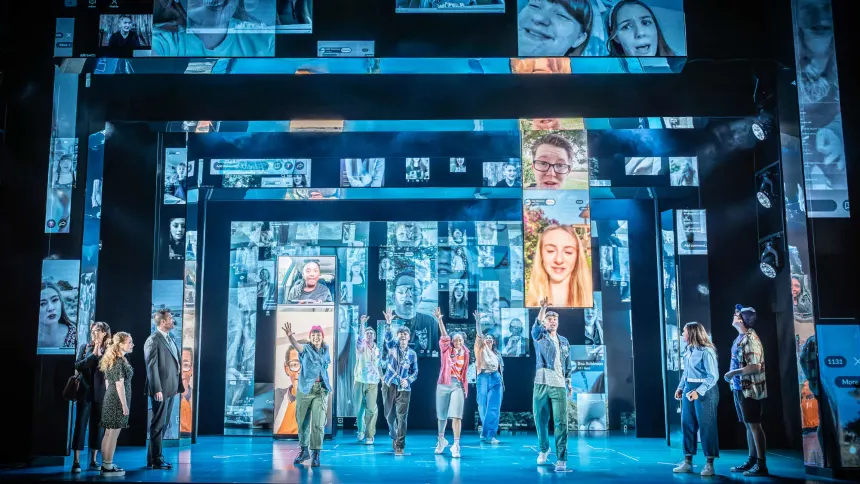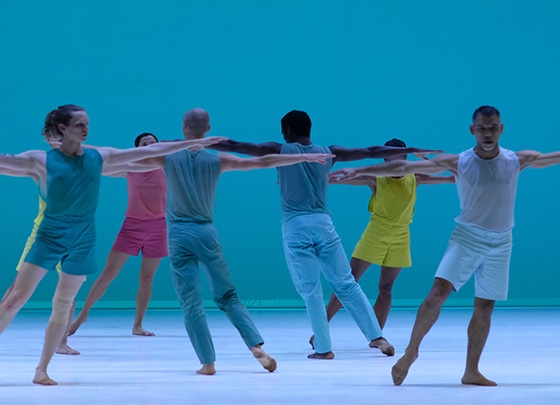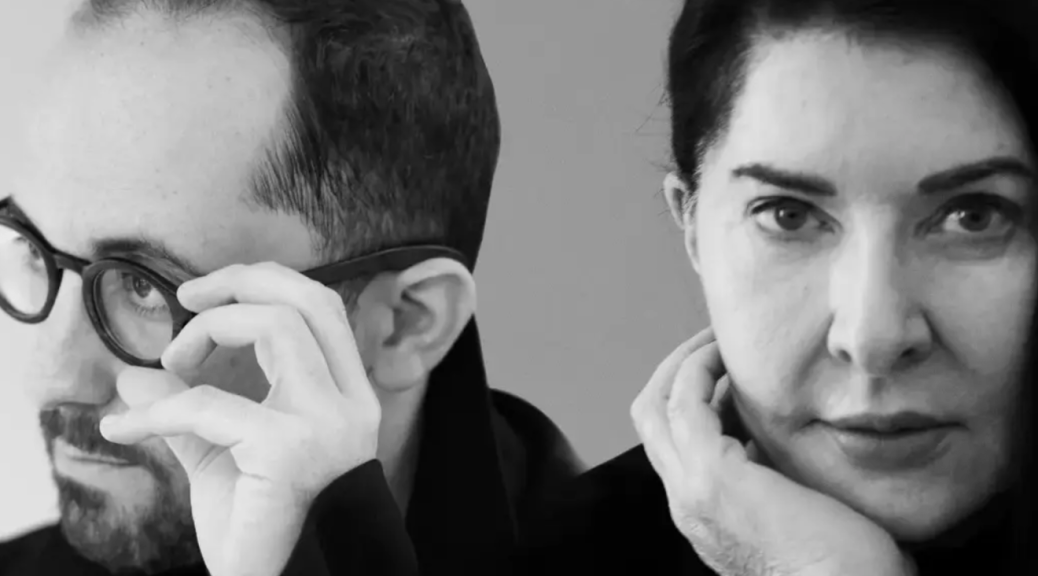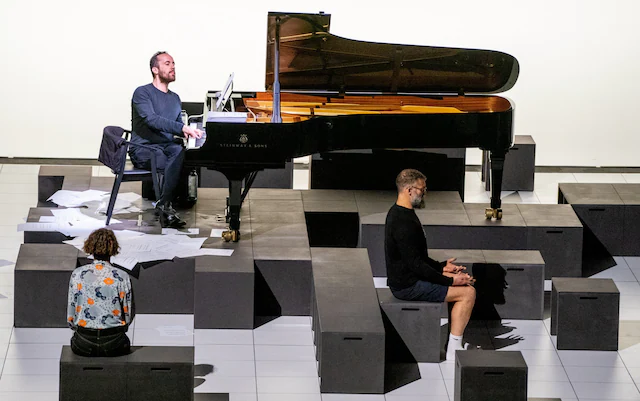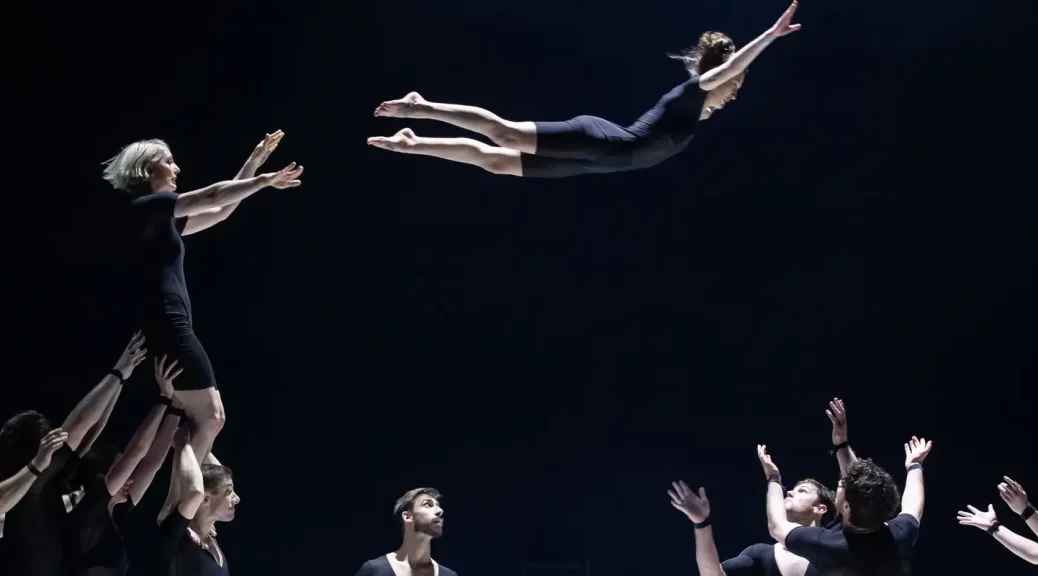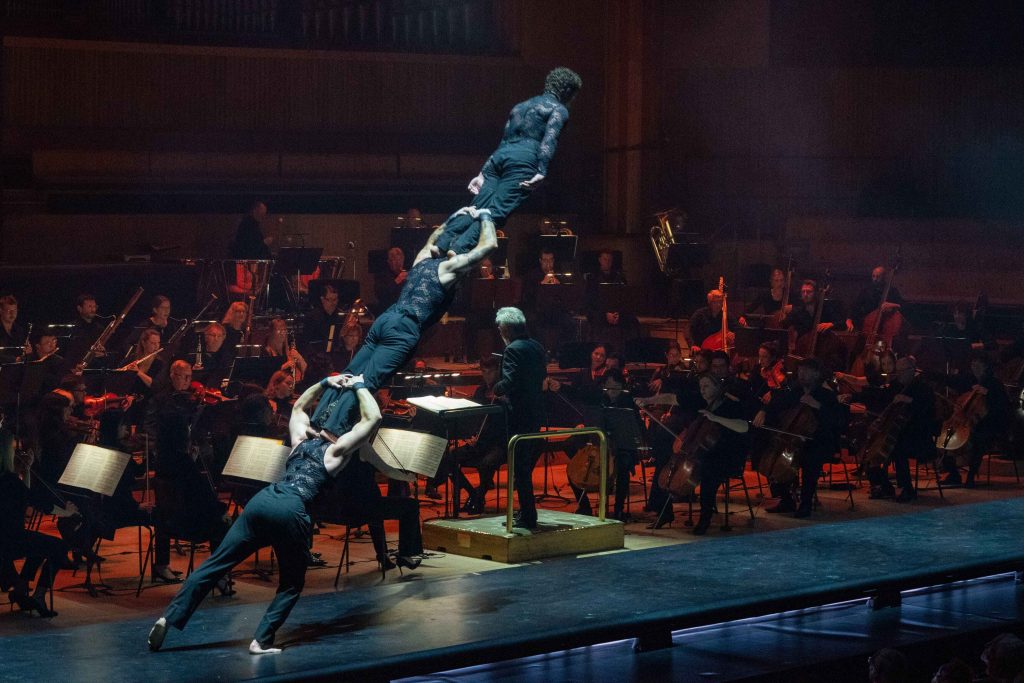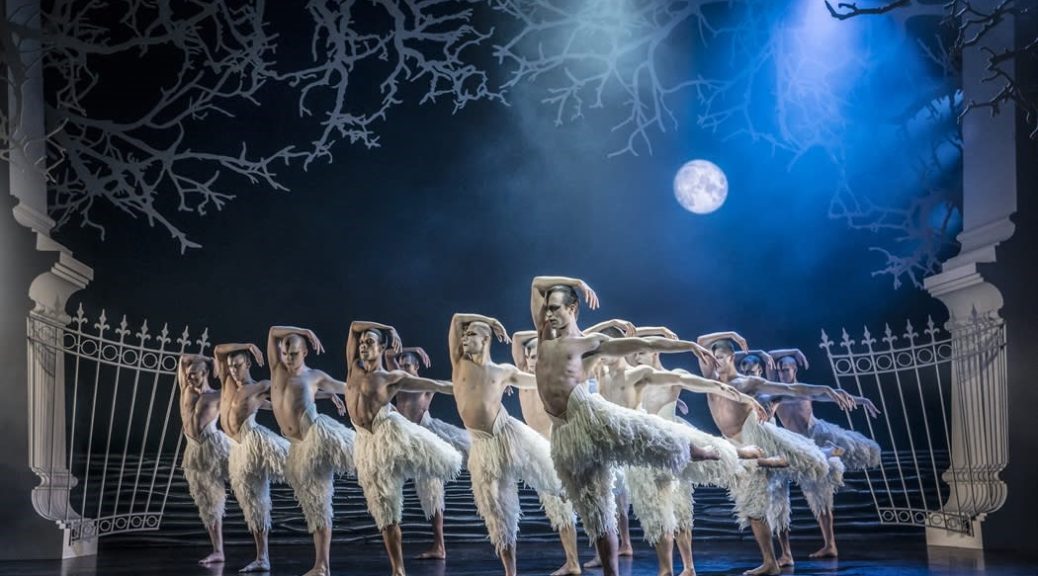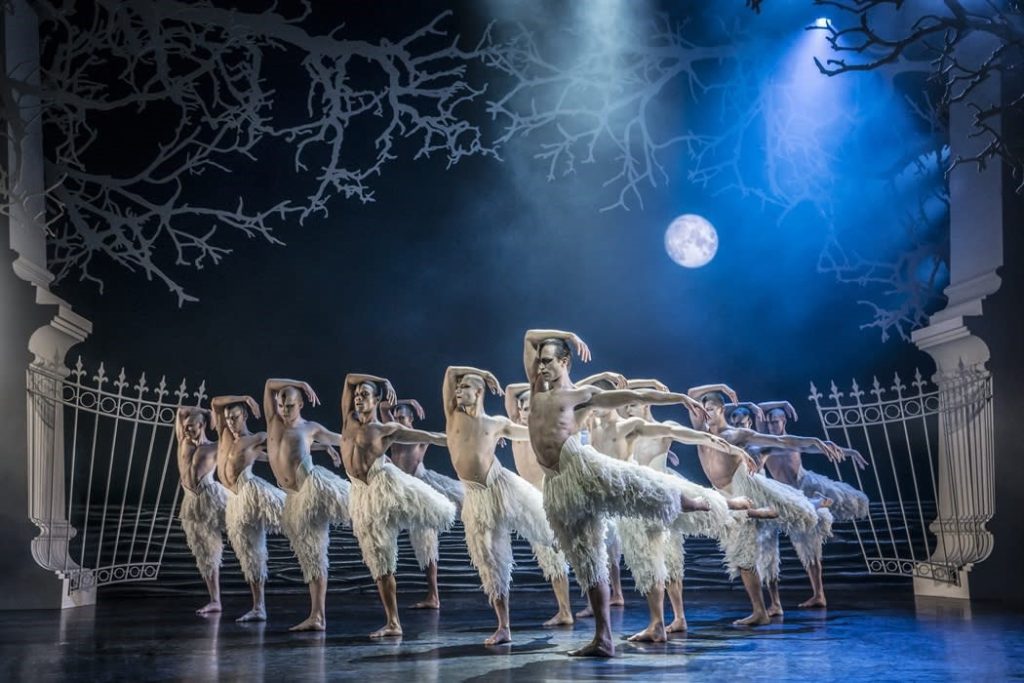 (3 / 5)
(3 / 5)
Gary Owen, known for his phenomenal play, Iphigenia in Splott, returns to Lyric Hammersmith with his adaptation of Henrik Ibsen’s, Ghosts. Featuring welsh actor Callum Scott Howells who has graced our TV screens in It’s a Sin and the stage with Cabaret and supported by a host of other famous faces, this classic tale is brought into the modern world.
Ghosts tells the story of the class system, long-term abuse and the intertwining relationships between. When Helena wants to use the money from her abusive late husband to create a children’s hospital, it begins to unravel as the truth comes out about him. She is catapulted backwards to her memories of trauma and, with her son Oz home, soon the unspoken secrets are revealed, creating problems that cannot be solved.
The entire performance takes place in one room – it looks like a plush building, with a glass window, that only ever looks out at the clouds and mist. The walls are plastered in the back view of a man’s head – a man we never meet. There’s a sense of someone always present, and when we hear the tales of abuse by her late husband, there’s this sense of him always watching. The cloud-covered building is hidden away from normality of the village, and this is only ever broached by the outsiders who are invited in. There’s a reference to class not only in this but outwardly acknowledged, and the concept of privileged in abuse underpins a lot of the story.
What is interesting is that the story delves into the juxtaposition of being a victim and this experience of turning them into an abuser. Helena (played by Victoria Smurfit, seen recently in the acclaimed Rivals) uses her position to push down the trauma, but as it unravels and her along with it, she uses her taught behaviour to impact others, using her privilege to forward abuse. It’s a really interesting take on domestic abuse and creates a feeling of unease, when, a not entirely likeable character creates an atmosphere where you feel sympathy, but breaks and returns to the unlikable person.
Scott Howells plays a lovable fool, brought up rich and sent away, he is a budding actor and holds the majority of the comical lines. He’s awkward but also bubble wrapped and this comes across in his interactions with others. His relationship with Reggie (played by Patricia Allison) becomes the one relationship that he isn’t pretentious in and the child-like innocence between them is natural and fun. It lulls us only into what comes next and they both create that easy environment, so when the mic-drop moments of the play happen, it makes you audibly gasp and feel very uncomfortable – exactly the purpose.
The only parts that felt a little out of place were some of theatrical approaches – for a large part, the play has a naturalistic feel – the performers conduct their interactions, there are monologues, and there is nothing wrong with this. On its own, the shocking moments would be as shocking. But later, there’s a change to choral/foreboding church music; some electronical music that crescendos; freeze frames and silhouetting, which are all fine as theatrical choices, but adds very little to the production. If this was throughout in little pockets, it may have added more to the performance. It unfortunately felt a little shoe-horned it and without purpose.
Overall, Ghosts is an enjoyable production. Full of twists and turns and shocking moments, it also has moments of comedy and lovable characters, doing well to create a comfortable space to plunge the theatrical blows.
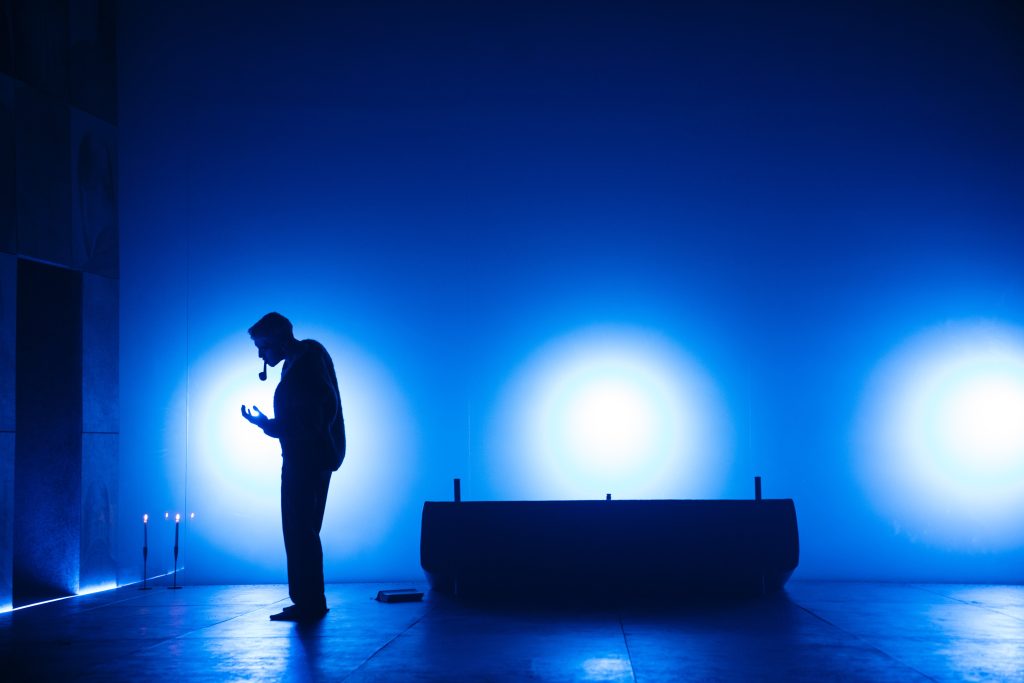


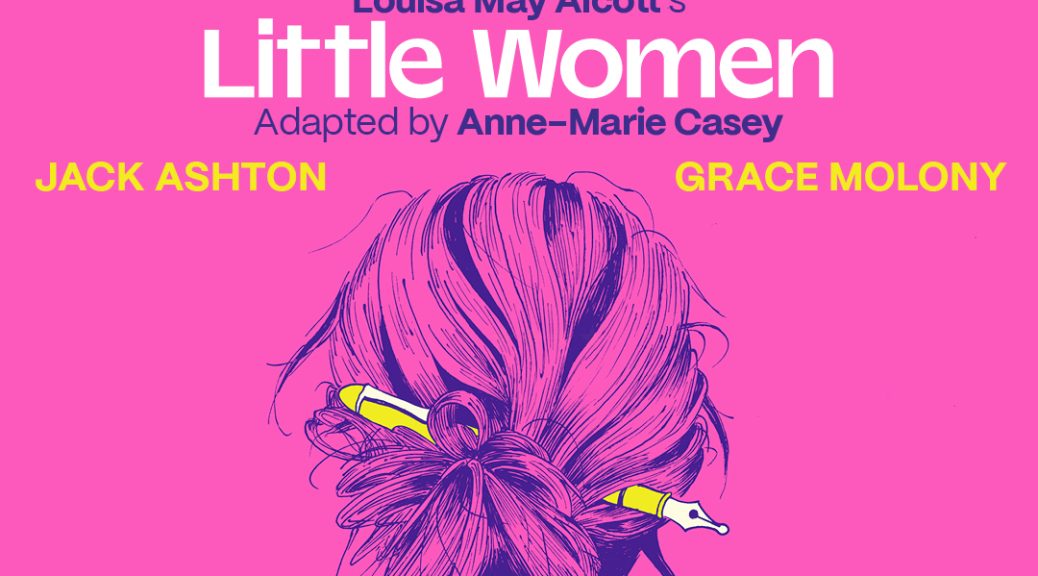
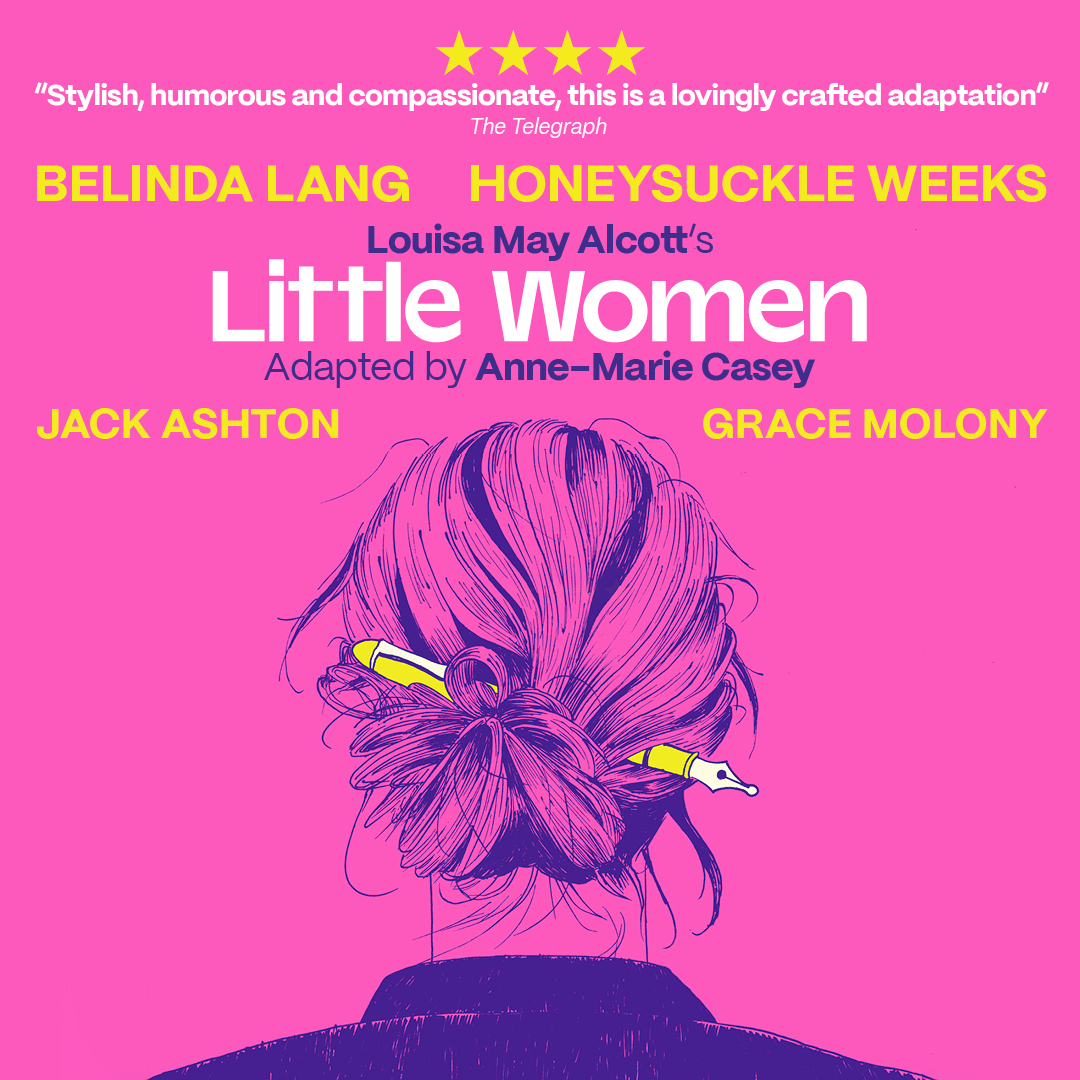
 (4 / 5)
(4 / 5)
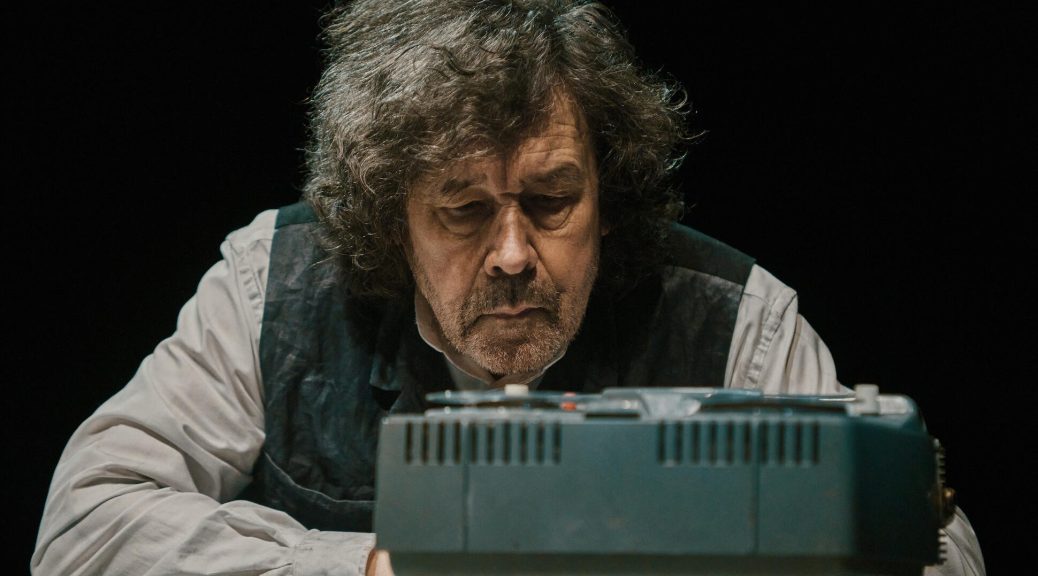
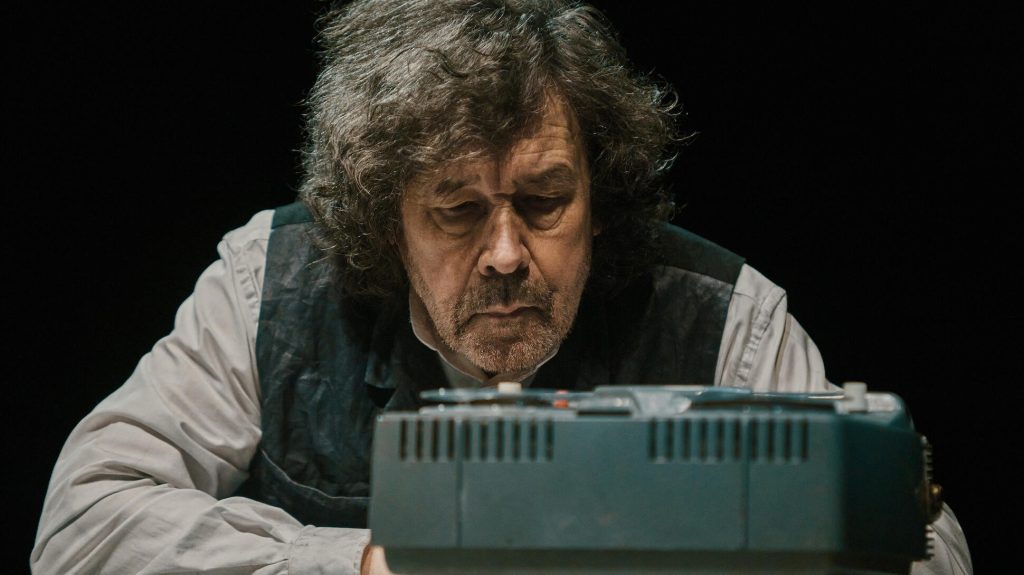
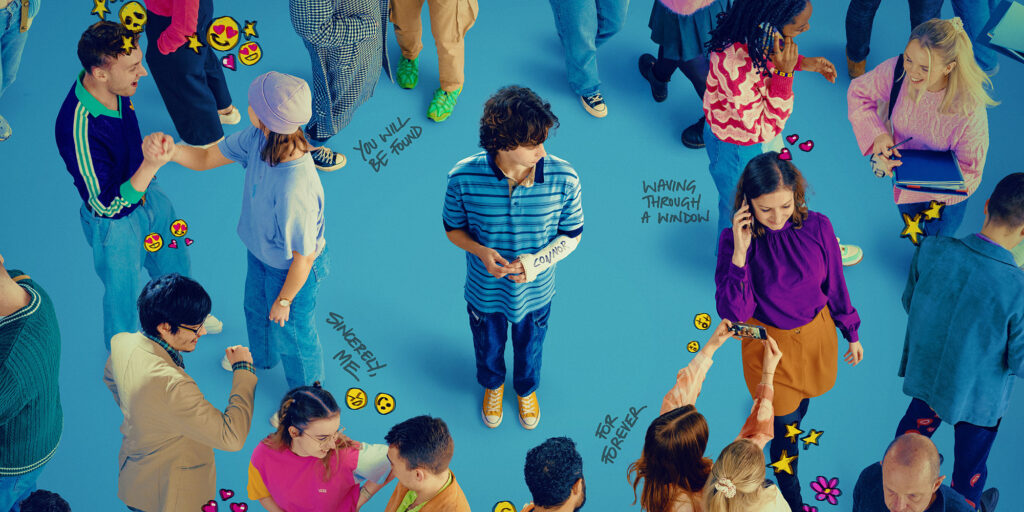
 (5 / 5)
(5 / 5)